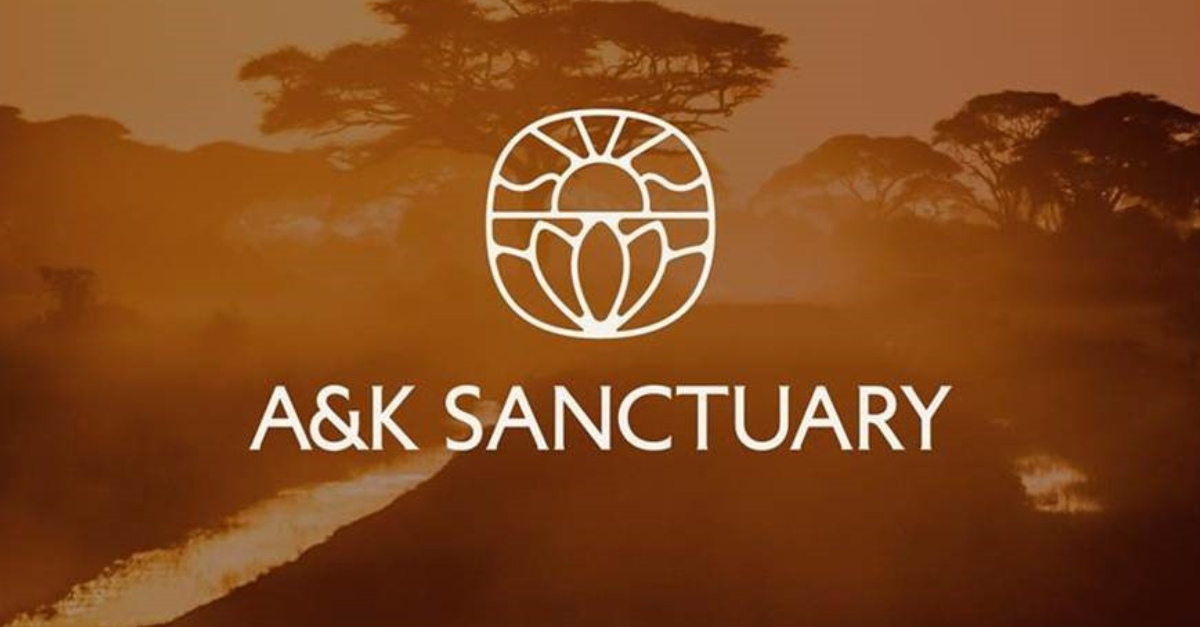You are viewing 1 of your 2 free articles
Package Travel Regulations consultation is a mixed bag
It feels like we’ve been here before, says Travlaw’s Krystene Bousfield
Delving into the latest government consultation on reform of the Package Travel Regulations (PTRs), I couldn’t help thinking I’ve read all this before.
We already gave our thoughts on proposed changes to Linked Travel Arrangements (LTAs) and an exemption for domestic arrangements back in 2023 when over 150 travel businesses responded to a Call for Evidence on package travel reform.
Having considered those responses, the government launched a formal consultation last week asking a further 19 questions of the industry. Businesses have until June 30 to respond.
More: Analysis: Package travel proposals fall short
Proposals dropped
It’s little surprise that the proposal for a lower-priced packages exemption has disappeared. It seems absurd that someone who can afford an expensive holiday should be entitled to more protection than someone who cannot, and the government now agrees. This proposal is off the table.
Information Requirements are another notable exclusion. The Call for Evidence proposed making these complex and lengthy requirements more consumer‑friendly. However, there is no mention of them in the consultation
Business travel has also been removed as a discussion topic.
Still up for discussion
- ‘Other tourist services’: The consultation asks whether the ‘significant proportion’ criteria included in the current definition of ‘other tourist services’ should remain and whether the ‘essential feature’ criteria is clear in its meaning or needs clarification.
- Linked Travel Arrangements: The consultation accepts these are “confusing for consumers and organisers, rarely used and challenging to enforce”. However, the questions around LTAs are extremely open, with respondents asked to give suggestions as to an alternative option and whether Type B LTAs should be removed entirely. Type B LTAs involve separate payments for two or more travel services for the same trip booked online within 24 hours through targeted and linked processes.
- Removal of domestic packages: While welcome for those offering UK domestic packages, this created a lot of debate in 2023, with some arguing consumers could still travel long distances and spend considerable amounts domestically and should be entitled to the same protections as those travelling abroad.
- Regulation 29 and redress from third parties: Travel lawyers were hopeful, when this was raised in the Call for Evidence, for clarity on one of the most important yet least helpfully worded regulations in the PTRs. Regulation 29 allows organisers to seek redress from third parties which contribute to an event triggering compensation, a price reduction or other obligations.The current wording leaves a lot to be desired and is extremely difficult to enforce. While amending this regulation remains on the table, it’s disappointing that the questions on it are misplaced and it’s unclear whether the government has grasped what the industry needs.
- Insolvency protection: The industry continues to await an update on Atol Reform, but the consultation includes suggestions on making insolvency protection “more flexible”. The key proposal would allow a business to comply with the requirements by mixing protection options – either a trust with insurance or a trust with bonding. Organisers must still ensure the protection of all monies paid by customers, but with flexibility to choose the amount of liabilities protected by a bond. There is no mention of the issue of overlap in financial protection – a hugely disappointing oversight. Also, would the proposed changes align with Atol reform?
- Territorial restrictions on insurance cover: Following Brexit, when the PTRs were amended to replace ‘EU’ with ‘UK’ throughout, UK organisers can only use financial protection provided by UK-authorised insurers.The consultation repeats a Call for Evidence proposal to relax this in the hope that more choice of insurers becomes available to businesses, and it would help businesses selling outside the UK to have just one insurance provider. However, the bigger picture here is that the UK should be negotiating with the EU to drop its requirement for insurance providers to be established in the EU, in exchange for the UK dropping its need for them to be UK-based. It will be intriguing to see the feedback on this.
Final thought
It’s disappointing that, despite having had 18 months to move this forward, the government is either repeating the same questions as previously asked or asking the wrong questions entirely.
More: Analysis: Package travel proposals fall short


















